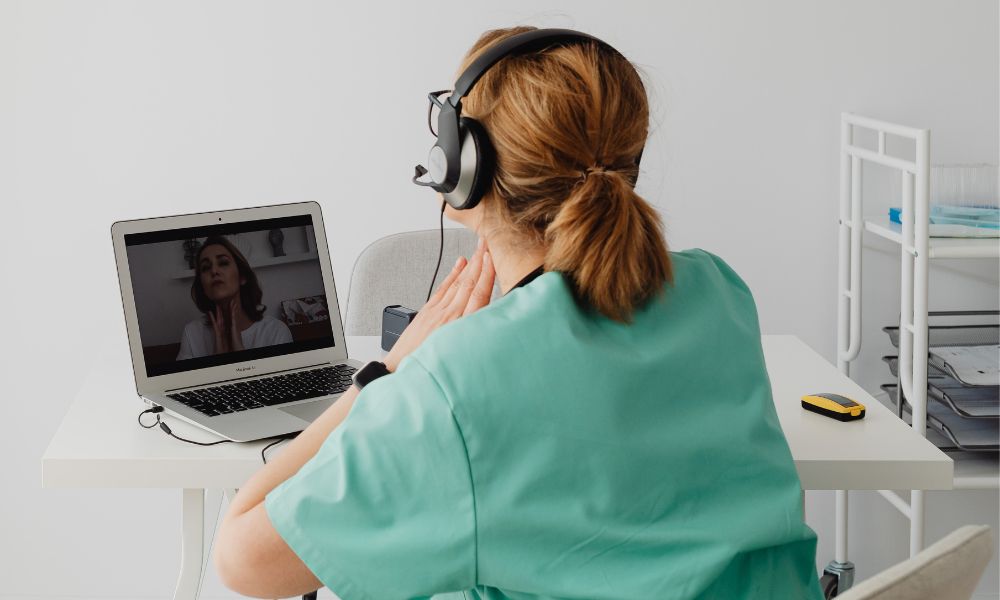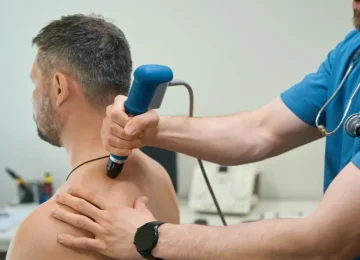Living with a chronic illness requires ongoing medical attention and careful management. Frequent in-person medical appointments create significant burdens for many patients, particularly those with mobility challenges or who live far from speciality care centres. Remote healthcare services offer a practical solution for consistent chronic disease management, reducing travel demands and increasing healthcare accessibility.
Establishing comprehensive baseline assessments
Online doctors begin by conducting thorough initial evaluations when managing chronic conditions remotely. These comprehensive assessments typically involve reviewing medical records, current symptoms, medication histories, and previous treatment approaches. Some telehealth platforms use structured questionnaires to gather detailed information before the first video consultation.
For certain conditions, patients may need baseline testing at local facilities. Online doctors coordinate these initial labs, imaging studies, or specialized tests and integrate the results into their remote management plans. This foundation-building phase ensures that virtual care decisions are based on accurate medical information.
Creating personalized management plans
Effective chronic illness management requires individualized approaches tailored to patients’ conditions, circumstances, and preferences. Online doctors develop detailed care plans during video consultations, explaining treatment rationales, medication purposes, potential side effects, and self-management strategies.
These plans typically include clear guidance on medication schedules, symptom monitoring, dietary considerations, physical activity recommendations, and stress management techniques. The collaborative development process ensures patients understand and commit to their roles in condition management between virtual appointments.
Implementing remote monitoring systems
Technology enables continuous health tracking between scheduled appointments. Many telehealth platforms integrate with home monitoring devices that measure relevant health parameters like blood pressure, blood glucose, heart rhythm, oxygen levels, or peak flow readings. Patients regularly record these measurements, creating valuable data sets that inform treatment decisions.
Some systems automatically alert healthcare teams when readings fall outside established parameters. This proactive approach allows for earlier intervention when conditions deteriorate, potentially preventing complications or hospitalizations. Patients who need specialized monitoring equipment can click here to learn about compatible devices and how to transmit readings securely to their healthcare providers.
Conducting regular virtual check-ins
Scheduled video consultations form the backbone of remote chronic disease management. These appointments typically follow a structured format that includes reviewing home monitoring data, discussing symptom changes, addressing medication effects or concerns, and evaluating progress toward health goals.
The frequency of these check-ins varies based on condition stability, with more frequent appointments during treatment adjustments or symptom flares. Many platforms offer secure messaging options for non-urgent questions or updates between scheduled consultations, ensuring continuous communication between patients and healthcare teams.
Supporting self-management education
Successful chronic disease management depends heavily on patients’ daily self-care practices. Online doctors dedicate substantial consultation time to education, teaching symptom recognition, medication management, trigger avoidance, and healthy lifestyle maintenance relevant to specific conditions.
Many telehealth services supplement these discussions with condition-specific educational resources, instructional videos, and self-management tools. Some platforms offer virtual group sessions where patients with similar conditions learn from healthcare professionals and share experiences with peers, creating supportive communities focused on effective disease management.
Remote healthcare delivery transforms chronic illness management by combining medical expertise with technological innovation. This approach makes consistent, high-quality care accessible regardless of geographic location or mobility limitations. As telehealth technologies continue advancing, patients with chronic conditions benefit from increasingly sophisticated and personalized remote management options that improve health outcomes while reducing healthcare.












